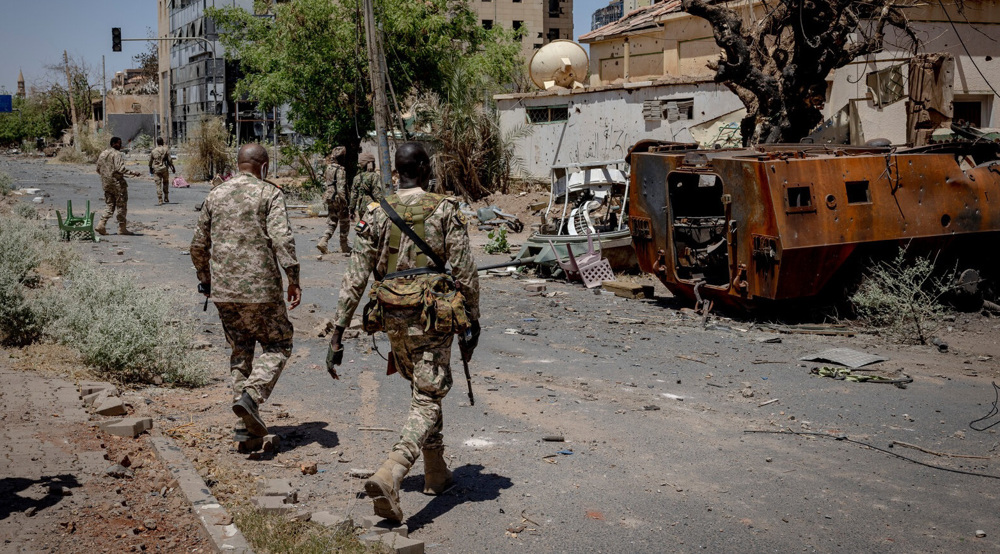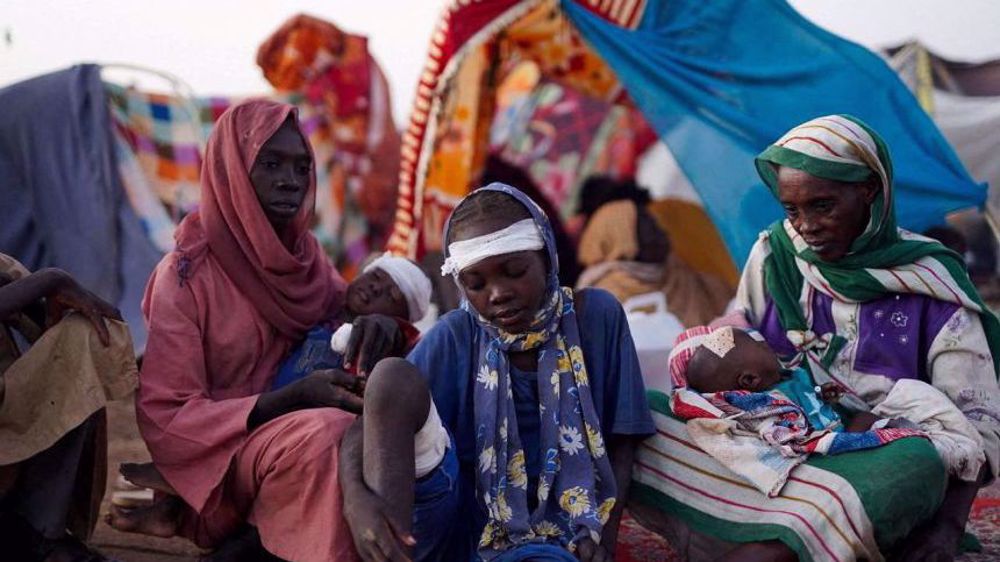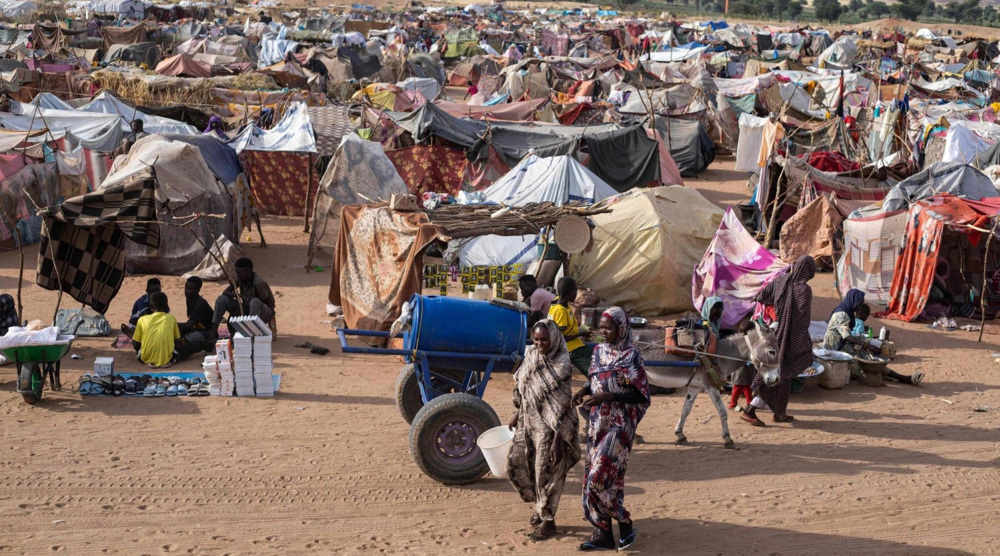Former South Sudanese general forms anti-government rebel group
A former South Sudanese army general, who resigned last month, has formed a new anti-government rebel group, pledging to topple President Salva Kiir.
Lieutenant General Thomas Cirillo Swaka, the former deputy head of logistics, quit his position last month, citing abuses by government forces and accusing Kiir of transforming the country’s military into a “tribal army.”
He had said the military, police and other security branches systematically recruited from among the Dinka, the president’s tribe.
Swaka was one of the three senior military officials who resigned in February, accusing Kiir’s government of “tribalism,” “corruption” and other abuses.
The former general announced in a statement on Monday that the new rebel group, called the National Salvation Front (NSF), “is convinced that to restore sanity and normalcy in our country, Kiir must go; he must vacate office.”
He also pledged that his rebel group would “fight to eradicate the malady that has badly tarnished the image of South Sudan.”
Swaka also slammed the “above-the-law culture and mentality,” which he says prevailed among top officials in the military, adding that such an approach is to blame for rampant crime, including robberies, rapes and embezzlement of public funds.
South Sudan’s army spokesman, Brig-Gen Lul Ruai Koang, said he had no immediate comment on the news.
The rebel group will apparently increase instability in the youngest country in Africa, which has already been grappling with violence fueled by another rebel group for more than three years.
A bloody civil war in South Sudan began in December 2013, when Kiir accused his former vice president Riek Machar of plotting a coup against him.
The two sides then got involved in a cycle of retaliatory killings that have split the impoverished country along ethnic lines between the Dinka and Nuer communities.

The two sides then got involved in a cycle of retaliatory killings that have split the impoverished country along ethnic lines between the Dinka and Nuer communities.
Thousands of people have been killed and more than three million forced to flee their homes in the war.
The two sides eventually signed an agreement in August 2015 to bring the conflict to an end. As part of the deal, Machar returned to Juba in April 2016 to take up the post of vice president in a national unity government.
In July 2016, Kiir sacked Machar again after a new wave of fighting erupted. Machar is currently in exile in South Africa after fleeing the new spate of violence.
The UN and international rights groups have on numerous occasions criticized both Machar’s loyalists and government troops of committing atrocities during their military operations.
In a report obtained by the Associated Press on Monday, the world body said the Juba government is blocking desperately-needed food aid and restricting UN peacekeepers.
The internal report from UN Secretary-General Antonio Guterres to the Security Council singled out South Sudan’s government for “the destruction of all the social fabric in all parts of the country,” listing “outrageous” examples of belligerence by its security forces.
Ansarullah mourns Leader's martyrdom as 'great loss' caused by 'most wretched terrorists'
Hezbollah offers condolences to Iranian nation over Leader’s martyrdom
US-Israeli strike targets IRIB facility; broadcasts continue
IRGC: Latest waves of Op. True Promise 4 led to tanker strikes, base shutdowns, heavy casualties
CENTCOM confirms US troops killed in Iran’s retaliatory strikes
China ‘strongly condemns’ US-Israeli assassination of Iran’s Leader
Iran sees no limits in defending itself after Leader's ‘dangerous’ assassination: FM
IRGC strikes USS Abraham Lincoln aircraft carrier with volley of ballistic missiles










 This makes it easy to access the Press TV website
This makes it easy to access the Press TV website